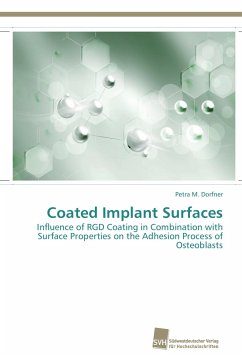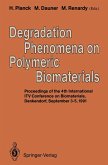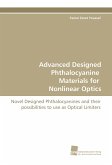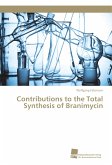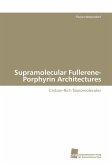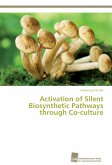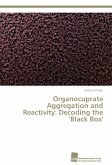A profound knowledge of bony in growth is the basis for the development of biofunctionalized implants. The positive influence of RGD peptides and surface properties of implant material on cell adhesion is well known. With the aim to reveal potential synergies, we functionalized different Ti6Al4V disks with highly active v-specific RGD peptides. Our integrin binding studies yielded the most promising results for the combination of peptide coating and rough surfaces. Cell adhesion experiments performed with characterized human primary osteoblasts demonstrated that cells adhere more strongly on rough surfaces coated with peptide compared to smooth ones. We showed that peptide coating and surface topography influence the adhesion kinetics particularly at the early stage. Cell spreading was accelerated on Ti6Al4V disks immobilized with peptides within the first hour, while after longer incubation times this effect is less pronounced. The combination of RGD peptide coating with optimized topological surface properties of implant materials bears the potential to increase osseointegration.
Bitte wählen Sie Ihr Anliegen aus.
Rechnungen
Retourenschein anfordern
Bestellstatus
Storno

